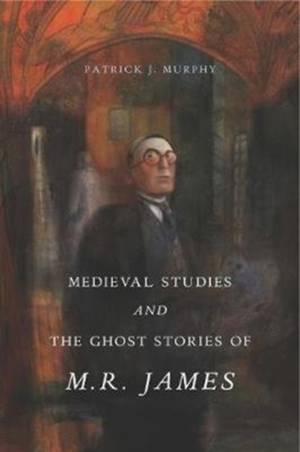
- Retrait gratuit dans votre magasin Club
- 7.000.000 titres dans notre catalogue
- Payer en toute sécurité
- Toujours un magasin près de chez vous
- Retrait gratuit dans votre magasin Club
- 7.000.000 titres dans notre catalogue
- Payer en toute sécurité
- Toujours un magasin près de chez vous
Description
Montague Rhodes James authored some of the most highly regarded ghost stories of all time--classics such as "Oh, Whistle, and I'll Come to You, My Lad" that have been adapted many times over for radio and television and have never gone out of print. But while James is best known as a fiction writer and storyteller, he was also a provost of King's College, Cambridge, and Eton College, and a legendary and influential scholar whose pioneering work in the study of biblical texts and medieval manuscripts, art, and architecture is still relevant today.
In Medieval Studies and the Ghost Stories of M. R. James, Patrick J. Murphy argues that these twin careers are inextricably linked. James's research not only informed his fiction but also reflected his anxieties about the nature of academic life and explored the delicate divide between professional, university men and erratic hobbyists or antiquaries. Murphy shows how detailed attention to the scholarly inspirations behind James's fiction provides considerable insight into a formative moment in medieval studies, as well as into James's methods as a master stylist of understated horror.
During his life, James often claimed that his stories were mere entertainments--pleasing distractions from a life largely defined by academic discipline and restraint--and readers over the years have been content to take him at his word. This intriguing volume, however, convincingly proves otherwise.
Spécifications
Parties prenantes
- Auteur(s) :
- Editeur:
Contenu
- Nombre de pages :
- 264
- Langue:
- Anglais
Caractéristiques
- EAN:
- 9780271077727
- Date de parution :
- 01-05-18
- Format:
- Livre broché
- Format numérique:
- Trade paperback (VS)
- Dimensions :
- 152 mm x 226 mm
- Poids :
- 430 g







